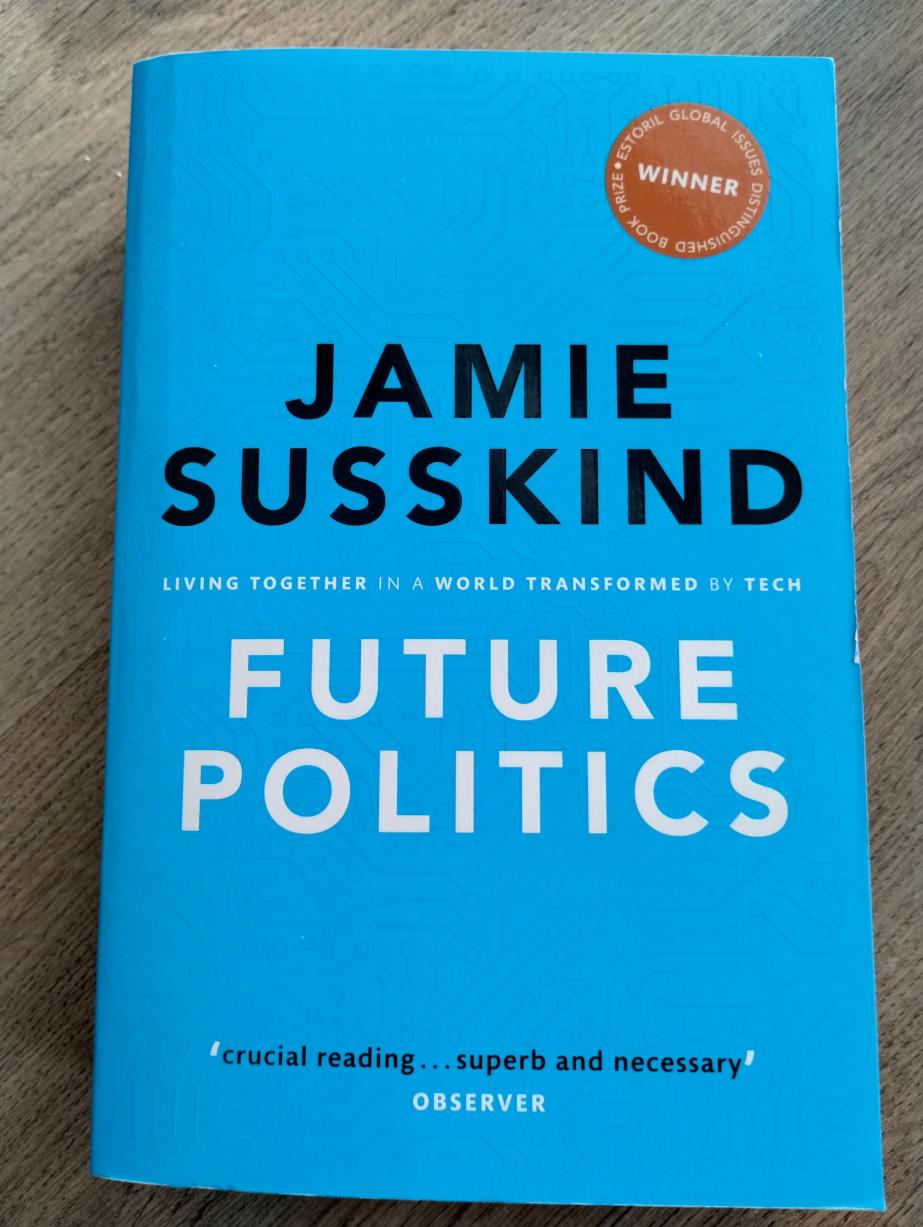Nada es eterno en internet, parece
03 May 2024Tengo guardado este enlace desde hace tiempo (pero ya se habrán fijado en que, además, le estoy dedicando poco tiempo a este sitio), que nos habla del archivado, la permanencia de la información en la red y cómo se van perdiendo datos poco a poco.
Se trata de Finer Points: Web rot is erasing our images and videos y empieza hablando de la ‘crisis de los cuarenta’ de internet, esa edad en la que se pasa revista, elecciones, metas…
The Internet is in the midst of a midlife crisis. Its age is anywhere from 33 to 40 years old, the ripe age for contemplating past misses and successes, its legacy and an overbearing questioning of choices, behaviors and goals.
Poco después introduce el concepto de pudrición, de la mano de pequeños cambios (se centra en fotografía, porque el sitio es DrPreview, que es ¿era? un sitio sobre material fotográfico y noticias alrededor del mundillo). Nos dice que uno de los servicios Apple se ha eliminado, Google ha quitado el almacenamiento ilimitado para fotografías, Flickr también ha borrado imágenes, Vimeo…. Todavía lo es porque encontraron un comprador (Camera review site DPReview finds a buyer, avoids shutdown by Amazon).
Right before our eyes, the web is not only changing but rotting. Sometimes, the changes are small: Apple removes a photo product, Google removes unlimited photo storage, and Twitter breaks its legacy referral links. Other times, it is much larger, such as Flickr deleting thousands of user photos, Vimeo deleting user videos ...
Internet hoy en día es una competición económica, donde lo que realmente avanza son los intentos de ser la próxima gran empresa en obtención de beneficios, con los usuarios pasando por caja.
Today's Internet, seemingly driven by economic pursuits, is a cornucopia of tech companies racing to leverage AI to make operations more efficient, always on service with monthly subscriptions, social media clout chasing with revenue sharing schemes or plain old quarterly growth financials.
Mientras tanto, mucho de lo que creíamos archivado en la red para siempre va desapareciendo.
Past websites, scholarly papers, early streaming videos, photos and more are vanishing daily, lost to the ether. Web rot reminds us that the Internet is not permanent.
Se están perdiendo, nos dice, imágenes importantes de Twitter (X), como muchas de las que se publicaron en la llamada primavera árabe.
But the bulk of these images and videos were made between 2010 and 2013, and if a glitch in code can erase it all, what a scary prospect for our future knowledge.
La cuestión es que depender del archivado realizado por estas empresas se está demostrando que es una temeridad (no creo que la cosa sea mucho mejor en muchas empresas y organizaciones, donde los único que estamos seguros que se mantiene son los datos ‘vivos’: nos esperan ‘sorpresas’ desagradables en el archivado de muchas cosas durante los próximos años, o eso me temo).
Por lo tanto, ¿qué podemos hacer? Primero, nos dice, mantener una higiene adecuada de datos, esto es asegurémonos de que esos repositorios en los que hemos confiado siguen vivos (nuestros datos de contacto actualizados, por ejemplo, para asegurarnos de que nos llegen las noticias, aunque sean malas).
First, practice good data hygiene, log into all your accounts where you post photos and videos, and ensure your email and other contact info are up to date. When a service (Flickr or Vimeo, for instance) changes its rules around how it treats your data, they're required to notify you, and if your email is out of date, you can easily miss the news and lose your files.
Segundo, analizar si confiamos en esas plataformas a las que cedemos nuestros datos (imágenes, dice): si es así, podemos seguir; pero si no (y aunque confiemos, diría yo) será bueno mantener una copia local.
Next, take stock of where you are posting and ask yourself if you trust the platform with your images and videos. If you do, continue posting, but consider downloading your data once a year to save files locally in a backup.
Finalmente, ¿tienen las empresas de internet algún tipo de responsabilidad en el archivado de lo que se les ha confiado? Legalmente, nos dice, no lo parece, pero tal vez hay una componente de responsabilidad social que habría que considerar.
Finally, back to the question of whether it's okay for owners of media companies to delete at any time the accumulated history of everything it had ever published. As a private company, legally, of course, they can. But as a social responsibility, maybe they shouldn't.
Yendo más allá, nos dice, deberíamos trabajar con la gente especializada en preservación (por ejemplo, en las bibliotecas públicas, pero también en las empresas de internet y universidades).
Here's a suggestion: work with preservationists within public libraries, tech companies and universities to maintain an archive and continue to make it accessible to the Internet.
Concluye diciendo: preservar los tesoros digitales requierepoco esfuerzo, pero lo primero que hay que hacer es darse cuenta de los riesgos de la pudrición de la web y pedir a las plataformas que albergan esos datos que reconozcan su valor.
We can preserve our digital treasures with little effort, but we have to first recognize the risks of web rot and ask the platforms that hold our data and the companies that own our media to recognize their inherent value. Some things can't be fully captured as a line item on a corporate spreadsheet. Some things require a heart.
Justo en estos días se está hablando de otro problema: la posible desaparición del archivo de internet: The Internet Archive’s last-ditch effort to save itself. En este caso es por falta de dinero, por las amenazas de los ‘guardianes del copyright’.



